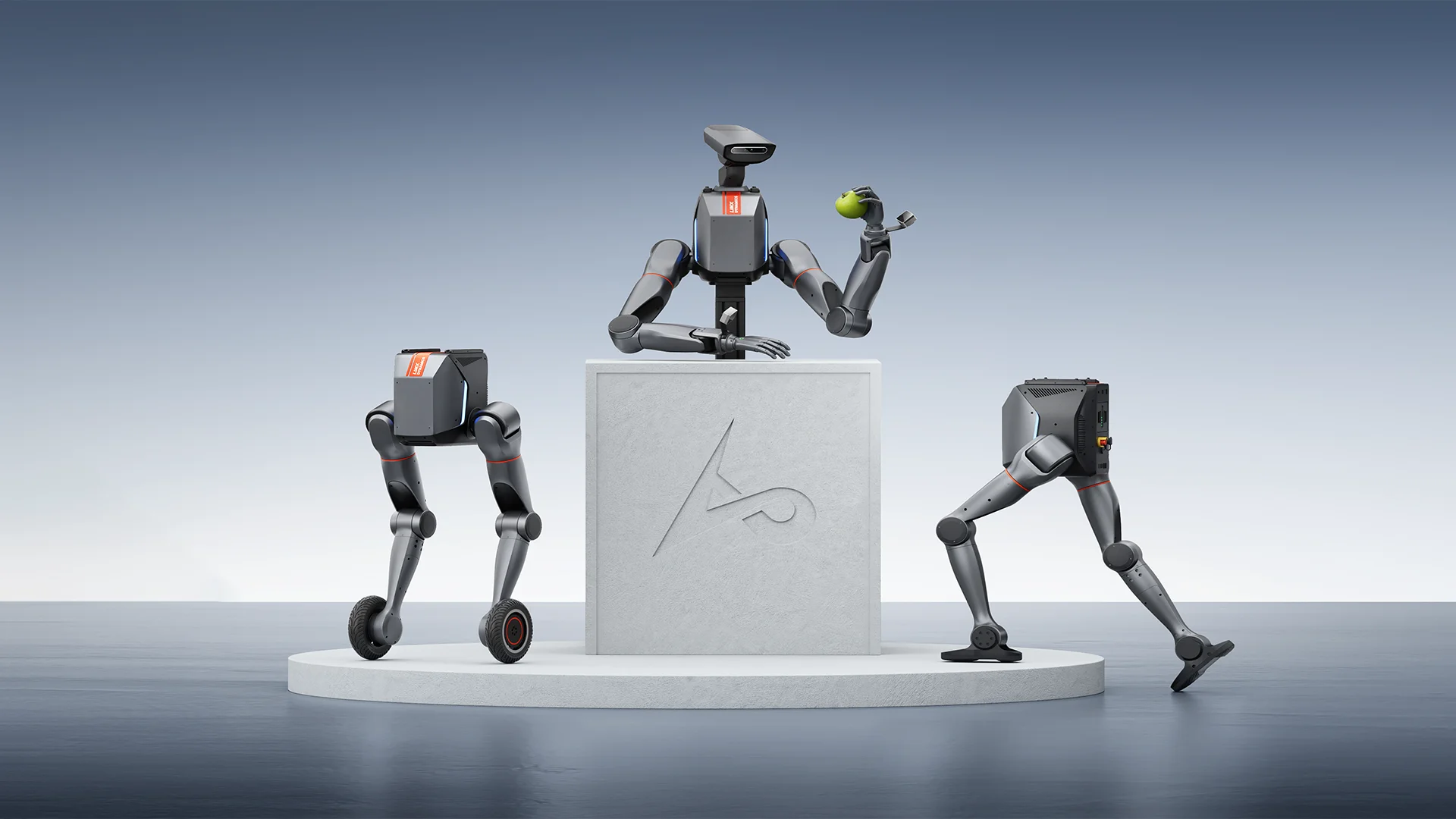The 2025 edition of the Lifebility Award, promoted by the Lions Association for Lifebility Italia ETS, has once again shone a spotlight on young Italian talent, celebrating four innovative startups that embody a future vision centered on sustainability. This recognition, backed by a fifteen-year history and over 1,350 projects collected, continues to be a crucial launchpad for young people aged 18 to 35 who want to turn their social impact ideas into tangible realities.
This year, the esteemed jury – comprising leading university professors, managers, entrepreneurs, and Lions representatives – selected four projects. Beyond a €5,000 cash prize, the winners also secured a valuable study trip to Brussels. This stay in the European capital will offer the recipients a unique opportunity for mentoring, training, and direct connection with European institutions and networks, all fundamental elements for scaling and internationalizing their initiatives.
The protagonists of sustainable innovation: the four award-winning startups
The startups honored at the Lifebility Award 2025 span key sectors, demonstrating how innovation can be a powerful engine for tackling global challenges, from health to the environment, agriculture to resource management.
Foodrescue: technology at the forefront of food waste combat
The Foodrescue project, conceived by Qasim Hussain from Brescia, stands out for its ability to address a pervasive social and economic issue: food waste. Hussain’s proposed solution is an intelligent system for collecting and redistributing surplus food. The project’s originality lies not only in logistical optimization but also in creating a solidarity network that channels resources towards the most vulnerable segments of the population.
In Italy alone, food waste accounts for over 9 billion euros annually (Waste Watcher International data), highlighting the urgency of effective solutions. In a landscape where applications like Too Good To Go have already demonstrated the potential of this market, Foodrescue aims to differentiate itself by showcasing quantifiable social impact and proven scalability. The challenge for Foodrescue will be to consolidate its network and concretely measure the environmental and social benefits derived from waste reduction.
NanoZoom: A new horizon in cancer diagnosis
From Turin’s innovative hub, the team of Veronica Vighetto, Valentina Cauda, Niccolò Percivalle, and Elia Pascucci presents NanoZoom, a revolutionary technology for early cancer diagnosis. Based on a patent from Politecnico di Torino, this system combines the effectiveness of ultrasounds and sonoluminescence with the intelligence of biomimetic nanoparticles and artificial intelligence. The result is the ability to generate high-resolution 3D images non-invasively, opening new frontiers for the timely identification of oncological pathologies.
NanoZoom enters a rapidly growing global oncological imaging market but will need to navigate complex regulatory barriers and compete with industry giants. The opportunity for NanoZoom could lie in seeking synergies with strategic initiatives like the European Cancer Imaging Initiative, which aims to create a European-wide oncological imaging data infrastructure, providing a fertile context for the integration and dissemination of cutting-edge technologies.
BloomNaturalSteam: circular agriculture blending innovation and sustainability
Hailing from Naples, the BloomNaturalSteam project by Annalisa Staiti, Gennaro D’Ambrosio, and Marta Ranesi offers an ingenious solution for the sustainable management of livestock effluents. Their system utilizes microalgae to transform an environmental problem into a valuable resource, producing biomass and natural fertilizers. This initiative not only promotes the circular economy but also directly addresses stringent European regulations on effluent management, significantly contributing to the objectives of the European Union’s “Farm to Fork” strategy, which aims to make food systems fairer, healthier, and more environmentally friendly.
BloomNaturalSteam’s relevance is heightened by the increasing pressure for more sustainable agriculture. The project positions itself as a virtuous model, capable of reducing the environmental impact of intensive farming and generating added value from what would otherwise be considered waste.
AgroSmart Kit: democratizing precision agriculture
Thomas Cargnoni is the visionary behind AgroSmart Kit, a project that aims to make precision agriculture accessible even to small-scale farmers. The low-cost kit includes state-of-the-art sensors, a multilingual application powered by artificial intelligence, and the integration of satellite data. All of this allows for personalized advice on irrigation and fertilization, optimizing resource use and maximizing productivity.
The global agritech market is booming, valued at $24.42 billion in 2024 and projected to reach $48.98 billion by 2030. In this dynamic scenario, AgroSmart Kit positions itself as a key solution to bridge the technological gap in rural areas, especially the most vulnerable ones, where access to precision tools can make a significant difference in agricultural resilience and prosperity.
Beyond Technology: ethics and humanism at the core
The Lifebility Award doesn’t just recognize technological innovation; it places increasing emphasis on the ethical and humanistic approach that must accompany progress. This year, two special acknowledgements underscored this integrated vision:
The Lifebility Award for the ethical use of artificial intelligence was presented to Neuroguardian, the project by Salvatore Carnazzo and Michele LaQuatra. This recognition highlights the importance of developing AI solutions that are not only effective but also responsible and respectful of human values.
The Social Plus Award went to Cips, an initiative by Giuseppe Longo, Andrea Fasolino, Francesco Capone, and Francesca Molinario, emphasizing the award’s focus on projects that generate significant and positive social impact, beyond mere technological advancement.
Leonardo Potenza, President of the Lions Italy Governors Council, strongly reaffirmed the intrinsic value of these ideas: “The young people who participate in Lifebility bring not only good ideas but concrete visions for a fairer, more sustainable, and accessible future.” These words are fully reflected in the awarded projects, which demonstrate a tangible commitment to innovative and ethical solutions for society’s real needs.
Completing the holistic picture of the Lifebility Award, the humanistic section “Lifebility for Humanities,” now in its third edition in 2025, awarded the essays “Il mestiere di Sisifo” (Sisyphus’s Profession) by Bruna Franceschini and “La verità oltre l’immagine” (The Truth Beyond the Image) by Giada Pieraccini. This section reiterates the crucial importance of critical reflection and social awareness as essential pillars of technological innovation, suggesting that true progress is only achieved when technology and humanism go hand in hand.






